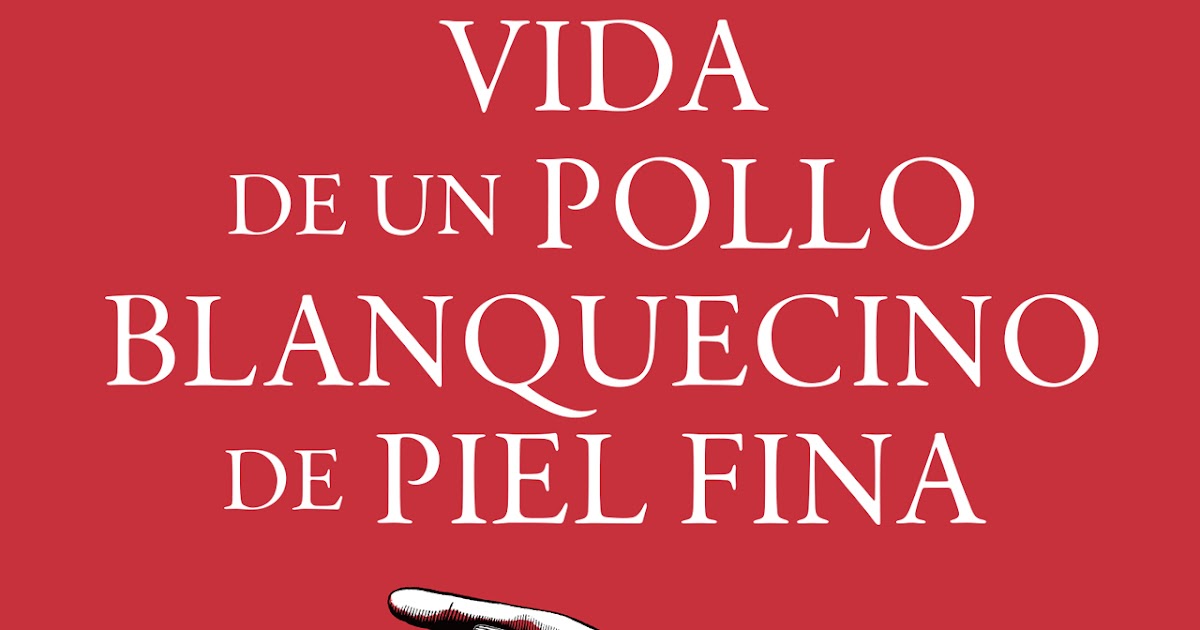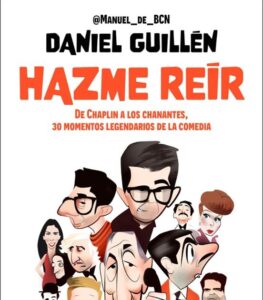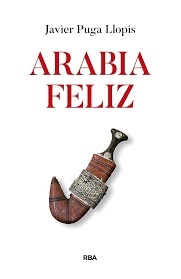
Original language: Español
Year of publication: 2024
Valuation: Highly recommended
What Life of a thin-skinned whitish chicken I had every chance to like it, I knew it from the moment I saw that it was written by Andrés Pérez Perruca, who was the drummer for El Niño Gusano (and Tachenko and Cangrejus). Because, if memory serves, The Lupa Effect was one of the first albums (although it might have been one by La Buena Vida or Los Planetas) of independent music that I bought. And, of course, that is already playing with an advantage. Astrud already said it: NOSTALGIA IS A WEAPON.
67 chapters (one for each song published by this bunch of brainless people), 862 pages* and 500 footnotes (like the good passes of Juan (I’m Russian) Sir) make up this crazy, obsessive and maybe, just maybe, too long text in which there is music, cinema, alcohol, football, basketball, laughter, tears and good literature.
Okay, but… What is this? Life of a thin-skinned whitish chicken: a personal autobiography, a biography of a pop group, a Quadrophenia baturra, a chronicle of Spanish indie from the late 90s, a generational novel, a postmodern artifact, all of the above, none of the above? What it is not is a book about music. Or, at least, it is not exclusively a book about music. Or, at least, it is not exclusively a standard book about music. Because El Niño Gusano was already a group (Whoever says banda must fight a duel with Perruca and me) very particular within the national panorama and a book written by one of its components could not be a “normal and ordinary” book. Come on, don’t expect that from sex, drugs and R&R because they were more into Foosball, Vermouth and POP.
Be that as it may, I prefer to stick with two words: game and tribute.
If anything is clear from the first page of the book, it is that we have come here to play, with that nod to Hopscotch in the “recommended reading order for better chronological tracking (or maybe not).” The game continues and life of a chicken flirts with the OuLipo gang in terms of tone and intention, with John Kennedy Toole or Monty Python in terms of humor, dialogues and situations, with postmodern writers in the infinite digressions, in the ramifications that the text takes in different directions, etc Because life is an absurd game and here we have come to play and there is room for surreal, dadaist, hedonistic games, Chiquito jokes (mecagoendios**, Chiquito jokes?), etc. And also, obviously, because I don’t know how to tell what happens in reality and what we have to do is approach reality from another approach.
The “tribute” part is clear. And here I have to go to The loved ones, a song from LHR’s latest album (“For all the friends who have left us here we continue, remembering the years we spent together, at their side…”) because Life of a whitish chicken It is a clear tribute to the friends of my youth who are no longer here (Algora, that Poeta Cabezón***, but also Genzor, JosephO, Rafa Anguso, etc.) and at a time, the end of the 90s, when we were still young and crazy All this through memories, anecdotes, jokes linked or not to music. With nostalgia and affection (or is it called Caliño?), yes, but without nonsense or idealizations like I went to EGB.
Summing up. I have had a great time, I have laughed out loud and some tears have escaped my eyes with the adventures of the Crazy Worm, with his comics, his jokes, his games, with this text full of life, with this literary artifact of which I think those who are around 45-50 years old will enjoy this more. peacock among ignoble animals and despicable diners.
* In the year 862, Prince Rastislav invited Cyril and Methodius to preach Christianity in the Slavic language in Great Moravia. Could it be a coincidence?
** In Spanish in the original (N. del T.)
** I have to look for his Complete Poetry, read it and review it
Source: https://unlibroaldia.blogspot.com/2024/11/andres-perez-perruca-vida-de-un-pollo.html


